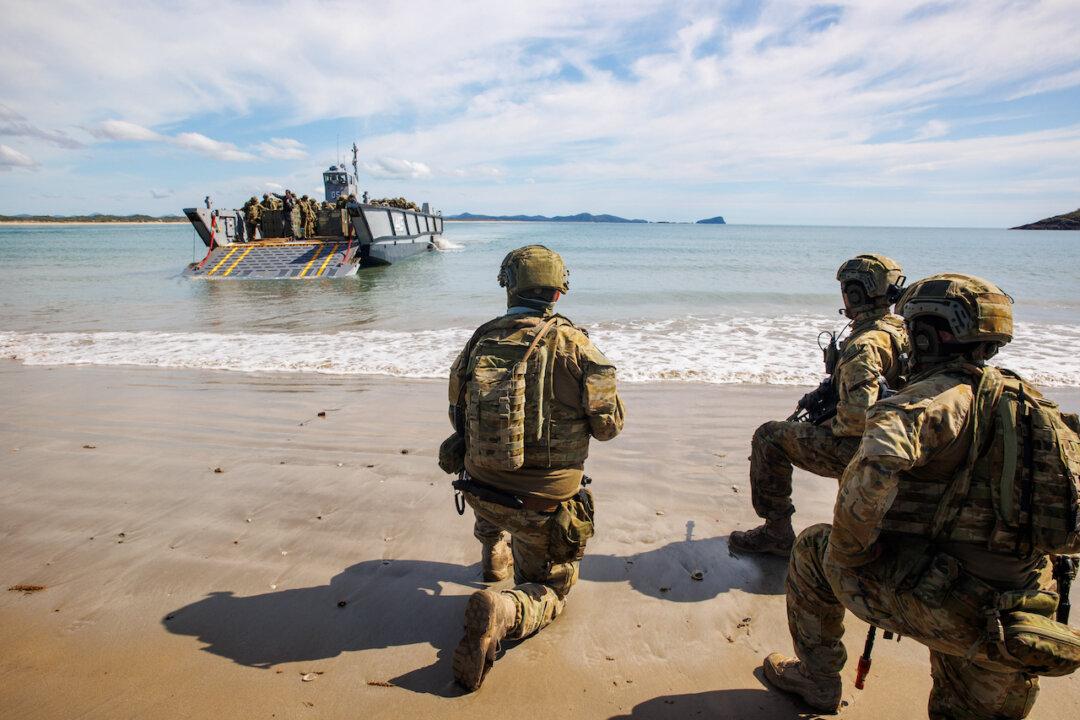Despite projections that Australia’s Defence spending is set to increase, some projects will be delayed or scrapped altogether as the military looks for the best bang for their buck as strategy is realigned to counteract the growing threat of China in the Indo-Pacific.
Speaking at think-tank The Sydney Institute on April 4, Defence Minister Richard Marles said “tough but necessary” decisions would have to be made in the upcoming Federal budget to accommodate recommendations from 2023’s Defence Strategic Review (DRS).





